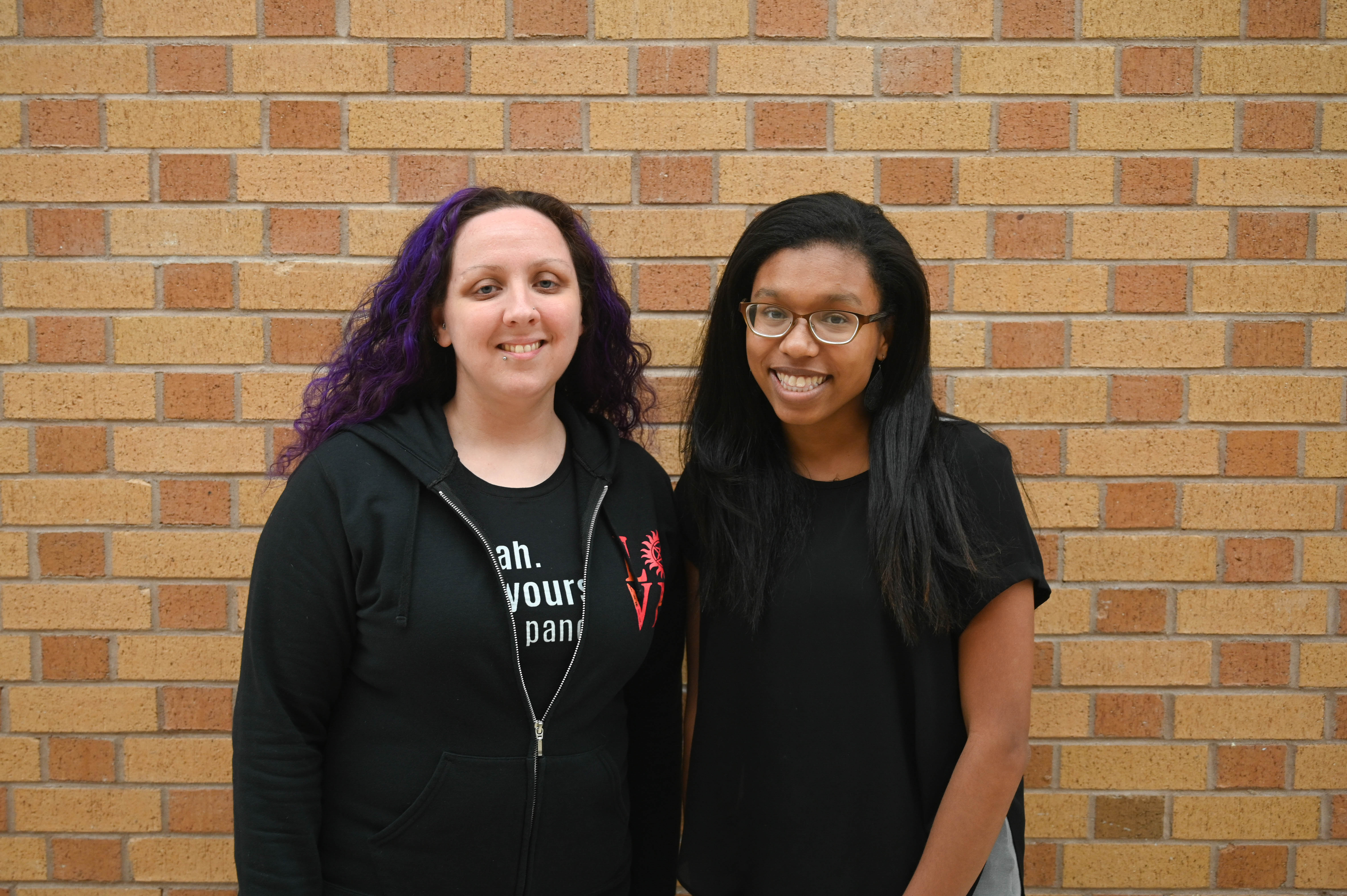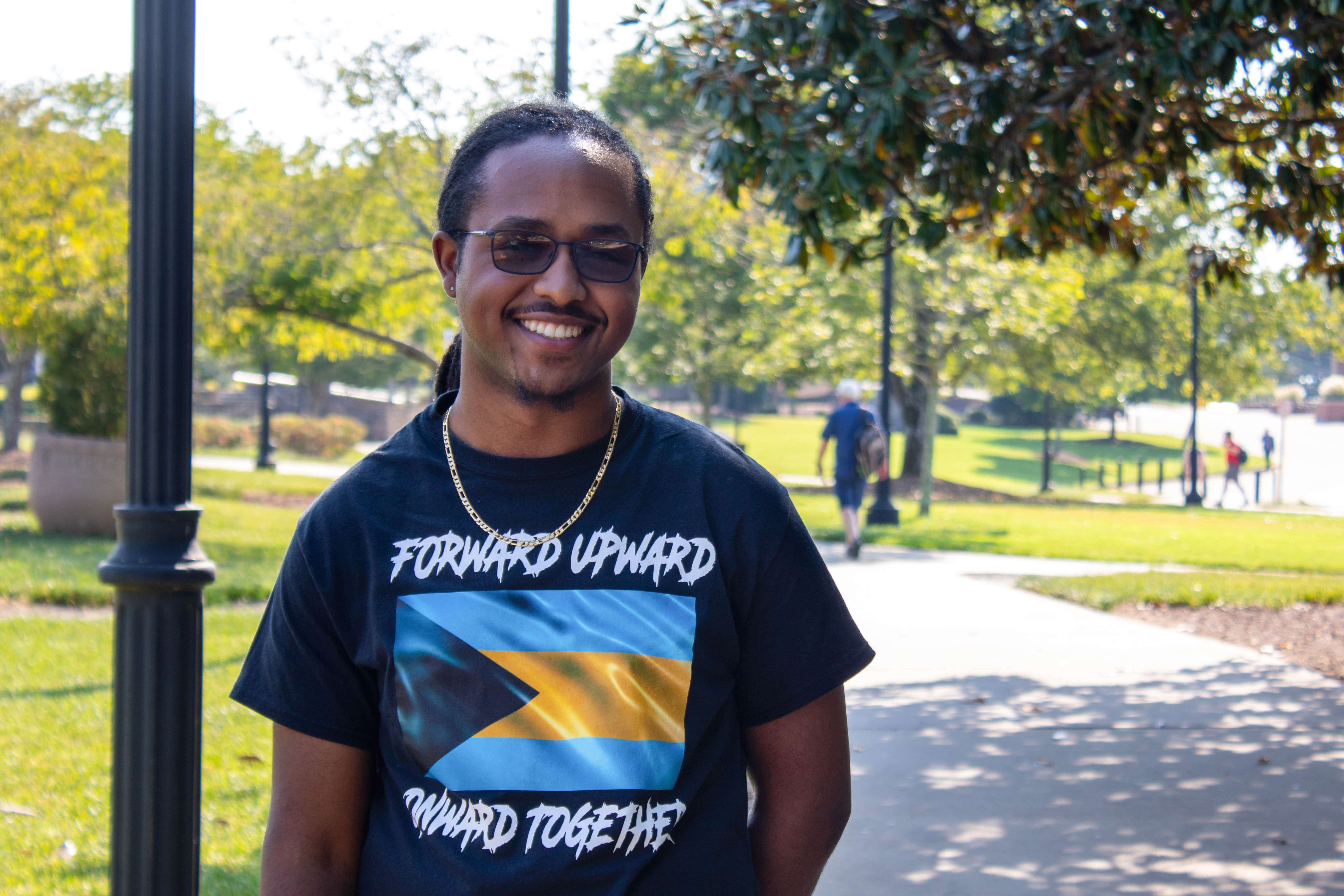As Kennesaw State students diagnosed with type 1 diabetes start living independently and away from the comfort of their homes, they are supported by a strong peer network in the KSU chapter of the College Diabetes Network.
CDN is a nonprofit organization that supports young adults diagnosed with Type 1 diabetes as they transition to self-sufficient lives at colleges nationwide, according to their website. The organization serves students with the central idea of being “On your own but not alone.”
The KSU chapter meets monthly and conducts educational events welcoming everyone — diabetics and non-diabetics alike. Members range from students interested in learning more about actively managing their own health to those learning to relate to someone they know who has diabetes.
Senior journalism major and president of the chapter Naomi Williams reminded attendants that diabetes requires daily care.
“Diabetes is not all about sugar,” Williams said. “Type 1 diabetes is a complex disability that requires monitoring 24/7.”
Attending these educational talks and speaker events provides students with ways of managing the disease without dealing with the co-pays at the doctor’s office. Newly diagnosed students are taught specifically how to deal with managing sugar levels.
Williams explained how some students need to be knowledgeable about diabetes, as they often work as primary caregivers to diabetic members of their loved ones.
There is often a stigma surrounding people who have diabetes.
According to a study by the American Diabetes Association, 81 percent of diabetics surveyed said that non-diabetics perceived them having the disease as “a character flaw/failure of personal responsibility.”
“The stigma surrounding Type 2 diabetes is why people who have Type 1 diabetes do not come forward and openly admit that they have it,” Assistant Professor of reading education Dr. Ann M. Bennett said.
Bennett, who serves as the chapter’s advisor, believes that by educating students some myths surrounding the illness can be dispelled.
“Type 1 diabetes is an invisible disability,” Bennett said. “Individuals with it do not look disabled. Their bodies cannot produce insulin and may use an insulin pump or inject insulin with a needle as part of their treatment.”
The emotional impact of diabetes is difficult to deal with. The CDN strives to make this personal emotional journey durable for students by recommending holistic, healthy living. This encompasses social, psychological and mental paradigms.
“In the past, the group’s speakers have sought to educate students about different aspects of men’s health versus women’s health, the different types of exercises that affect blood sugar, the relationship between celiac disease and diabetes and so on,” Williams said.
Williams mentioned that it is worthwhile to underscore the fact that everyone’s body is different. This is why promoting education in the field is paramount to a better lifestyle and overall well being in the group.
The CDN has hosted a few events to inform the community. One event was a workshop with pediatric endocrinologist Dr. Steven Ponder, whose research educated the community about micro-dosing on an insulin pump.
Another event was when the Children’s Healthcare of Atlanta hospital invited the group to speak to high school students about what it is like to take care of their health in college as type one diabetics.
The CDN also conducts fundraising events and runs volunteer meetings at hospitals in the Atlanta area.
To learn more about the group and upcoming events, visit their OwlLife page.




